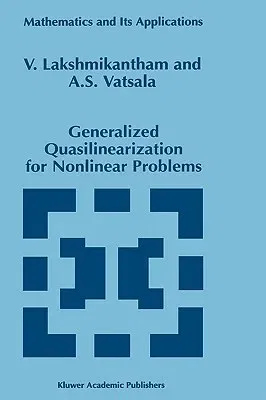V Lakshmikantham
(Author)Generalized Quasilinearization for Nonlinear Problems (1998)Hardcover - 1998, 31 May 1998

Qty
1
Turbo
Ships in 2 - 3 days
In Stock
Free Delivery
Cash on Delivery
15 Days
Free Returns
Secure Checkout

Part of Series
Mathematics and Its Applications
Part of Series
Mathematics & Its Applications (Numbered Hardcover)
Print Length
278 pages
Language
English
Publisher
Springer
Date Published
31 May 1998
ISBN-10
0792350383
ISBN-13
9780792350385
Description
Product Details
Authors:
Book Edition:
1998
Book Format:
Hardcover
Country of Origin:
US
Date Published:
31 May 1998
Dimensions:
23.39 x
15.6 x
1.75 cm
ISBN-10:
0792350383
ISBN-13:
9780792350385
Language:
English
Location:
New York, NY
Pages:
278
Publisher:
Weight:
589.67 gm